At the discussion “Application of AI in teaching English in Vietnam in the current context”, sharing as a parent, writer Hoang Anh Tu acknowledged that many parents today are “very difficult to please”. For example, when sending their children to foreign language centers, they expect their children to communicate well in English, be good at grammar, and have high scores in class.
Faced with parents’ expectations, many centers then had to open additional grammar classes to “save” students’ grades. However, according to him, if they continue to “run” after those goals, it will be very difficult to make English a second language.
Sharing the same opinion, Associate Professor, Master Le Van Can, former lecturer at the University of Foreign Languages ( Hanoi National University) said that parents today have many expectations of their children, including English proficiency.
This is partly due to the fact that in recent years, the policy of using IELTS scores for admission to universities and some high schools and junior high schools has caused the number of IELTS learners in Vietnam to increase sharply. The fact that schools reserve a large portion of their admission quota for IELTS (although some schools do not even use English to teach) has caused parents to rush and "burn money" for their children to prepare for the IELTS exam.
In addition, public opinion is also creating a misconception among parents that achieving a high IELTS score is a talent. “This is completely wrong,” he said. According to him, a high IELTS score does not mean fluent use of the language.
For example, when writing an IELTS essay, a student can get a very high score, expressing part of the writer's personal opinion, but it only measures a slice. In fact, there are also cases where students get high scores in IELTS but have difficulty communicating naturally or cannot write emotionally and convincingly.
Associate Professor Le Van Canh also acknowledged that being good at English alone is not enough. “Like on a plane, some people go abroad with contracts, and when they return, they bring billion-dollar deals. Some people go abroad with ideas, and when they return, they bring valuable new innovations. But there are also people who go abroad with a suitcase of instant noodles, and when they return, they are empty-handed.
English today is the same, it is just a means to take us out. If we only have English, we will not be able to do anything when we go out into the world ,” said Associate Professor, Master Le Van Can.
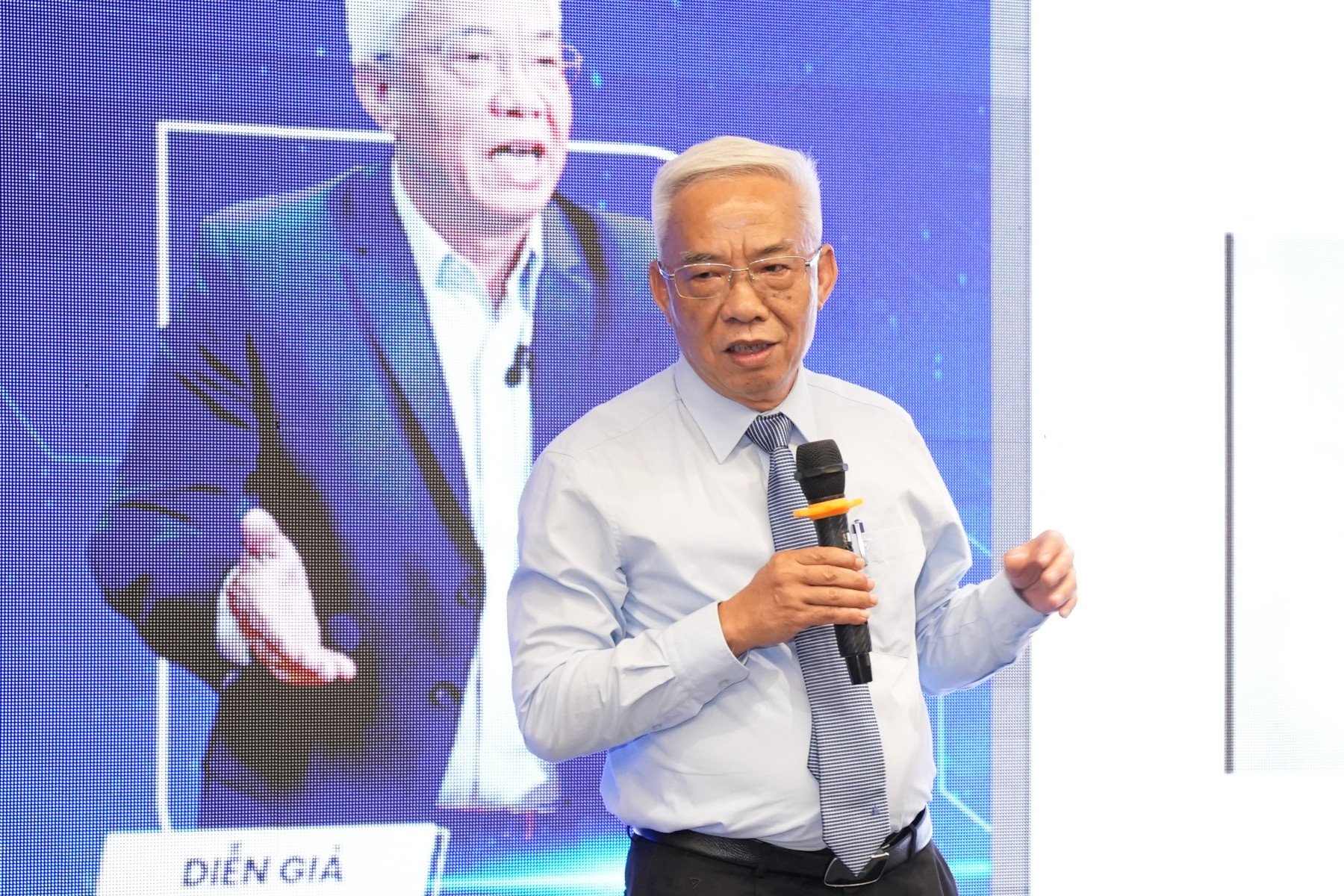
Associate Professor Canh said that "parents have been too concerned about the role of English for a long time. There is nothing wrong with that, but we need to understand the role of English," he said. According to him, in the current technological era, when language tools such as AI are strongly developed and can effectively support users, even when traveling in a foreign country, a person can still communicate without an interpreter thanks to support software.
Therefore, parents also need to realize whether it is really necessary to "race" to learn English, "work hard" to practice for a high IELTS score or not and whether those achievements can certainly ensure that children will succeed in the future.
“Although there are no specific statistics on this, there are visible consequences when parents follow the crowd mentality, which not only wastes money but also takes up too much time, causing unnecessary pressure on children,” he said.
Therefore, he believes that in addition to English ability, a person also needs many other important skills and abilities to be confident and master life. Practicing skills is much more important than numbers and achievements.
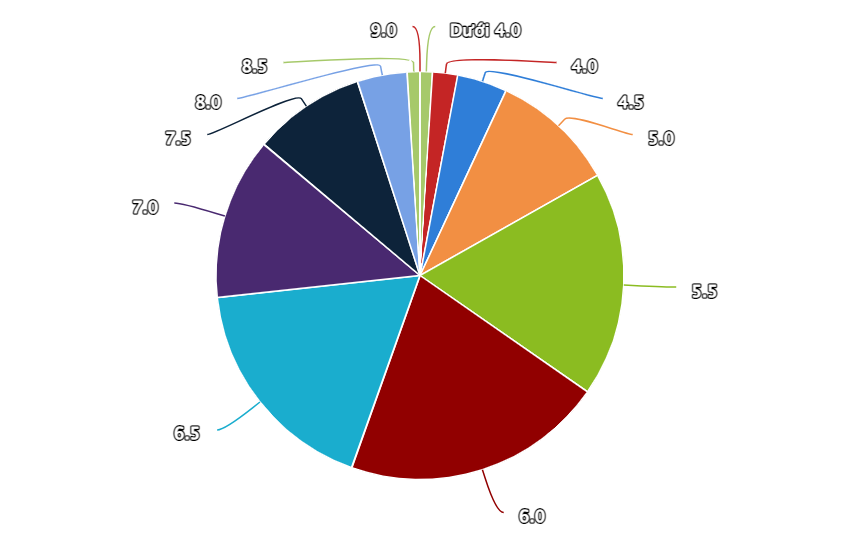
Source: https://vietnamnet.vn/phu-huynh-dot-tien-cho-con-hoc-ielts-vi-hieu-lam-diem-cao-la-mot-tai-nang-2332555.html



![[Photo] President Luong Cuong chaired the welcoming ceremony and held talks with United Nations Secretary-General Antonio Guterres](https://vphoto.vietnam.vn/thumb/1200x675/vietnam/resource/IMAGE/2025/10/24/1761304699186_ndo_br_1-jpg.webp)
![[Photo] Prime Minister Pham Minh Chinh and South African President Matamela Cyril Ramaphosa attend the business forum](https://vphoto.vietnam.vn/thumb/1200x675/vietnam/resource/IMAGE/2025/10/24/1761302295638_dsc-0409-jpg.webp)


![[Photo] Solemn funeral of former Vice Chairman of the Council of Ministers Tran Phuong](https://vphoto.vietnam.vn/thumb/1200x675/vietnam/resource/IMAGE/2025/10/24/1761295093441_tang-le-tran-phuong-1998-4576-jpg.webp)


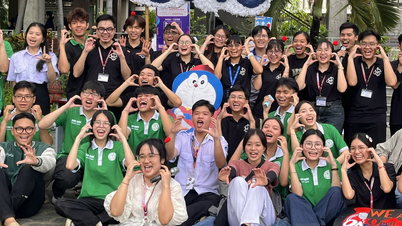




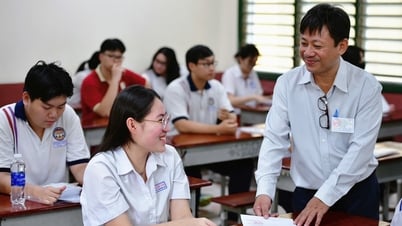


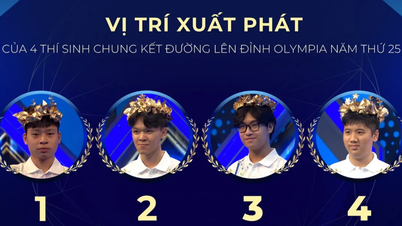




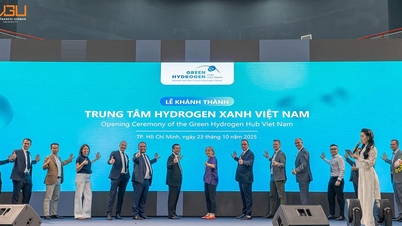
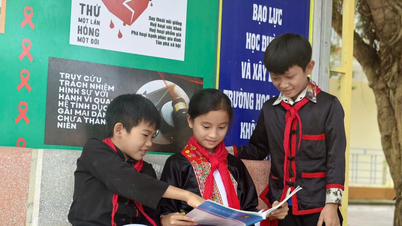


















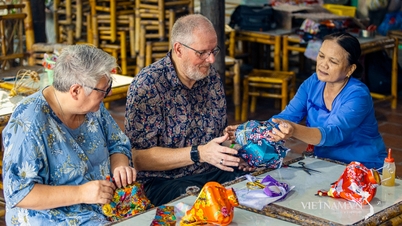


























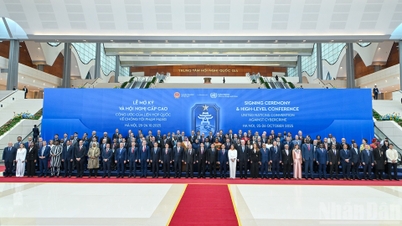












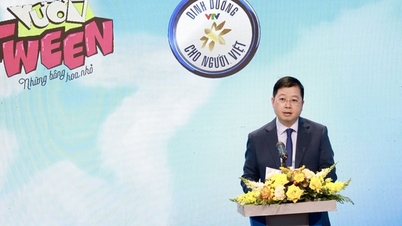


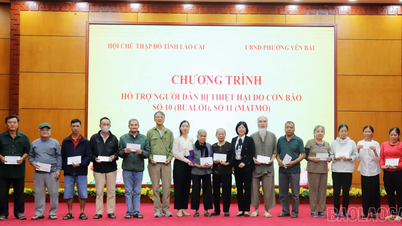
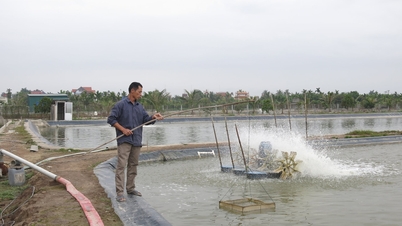























Comment (0)